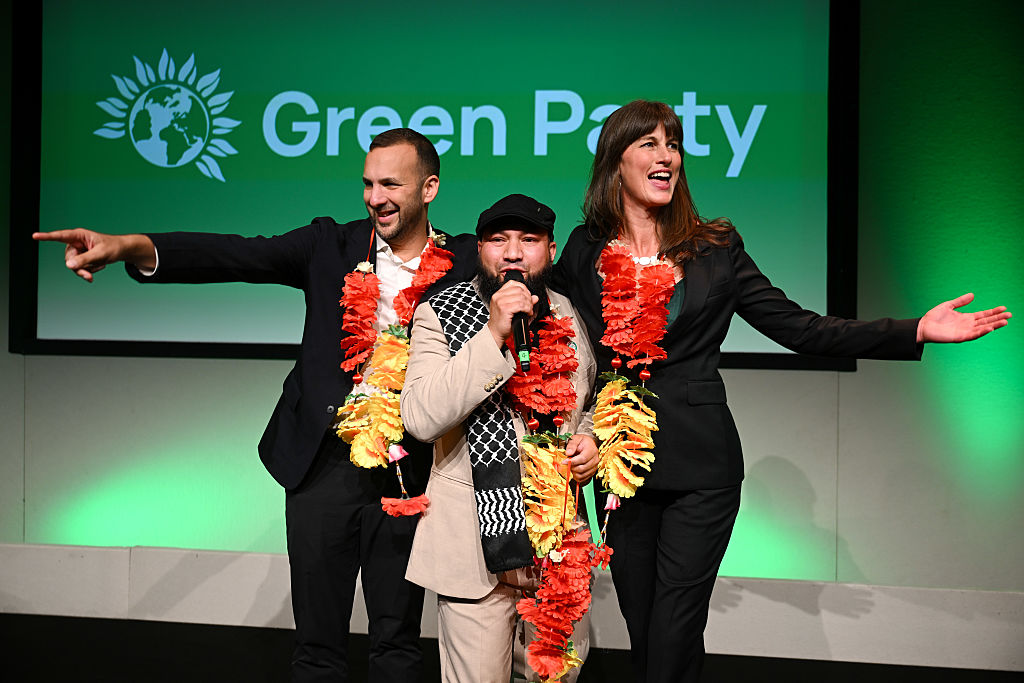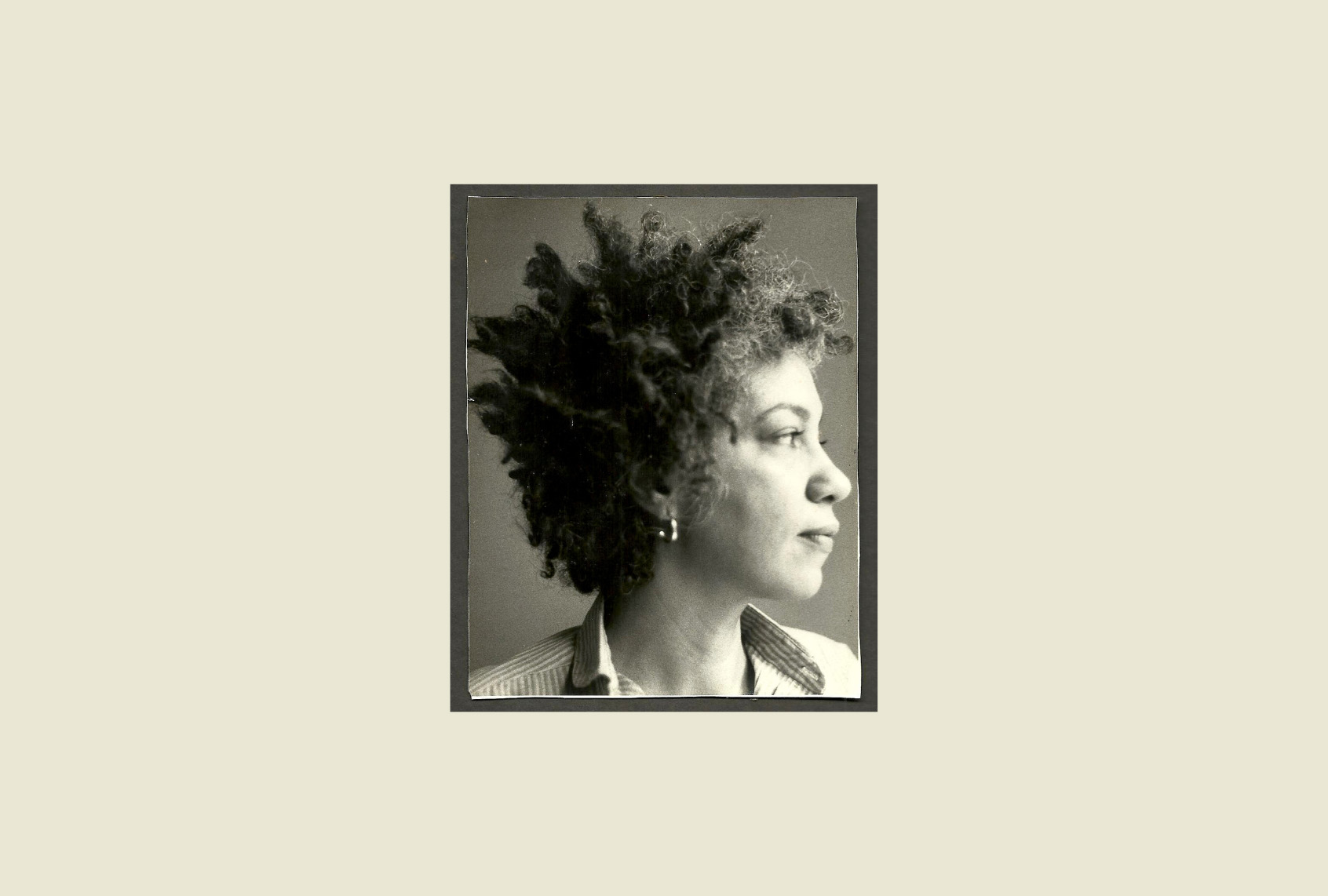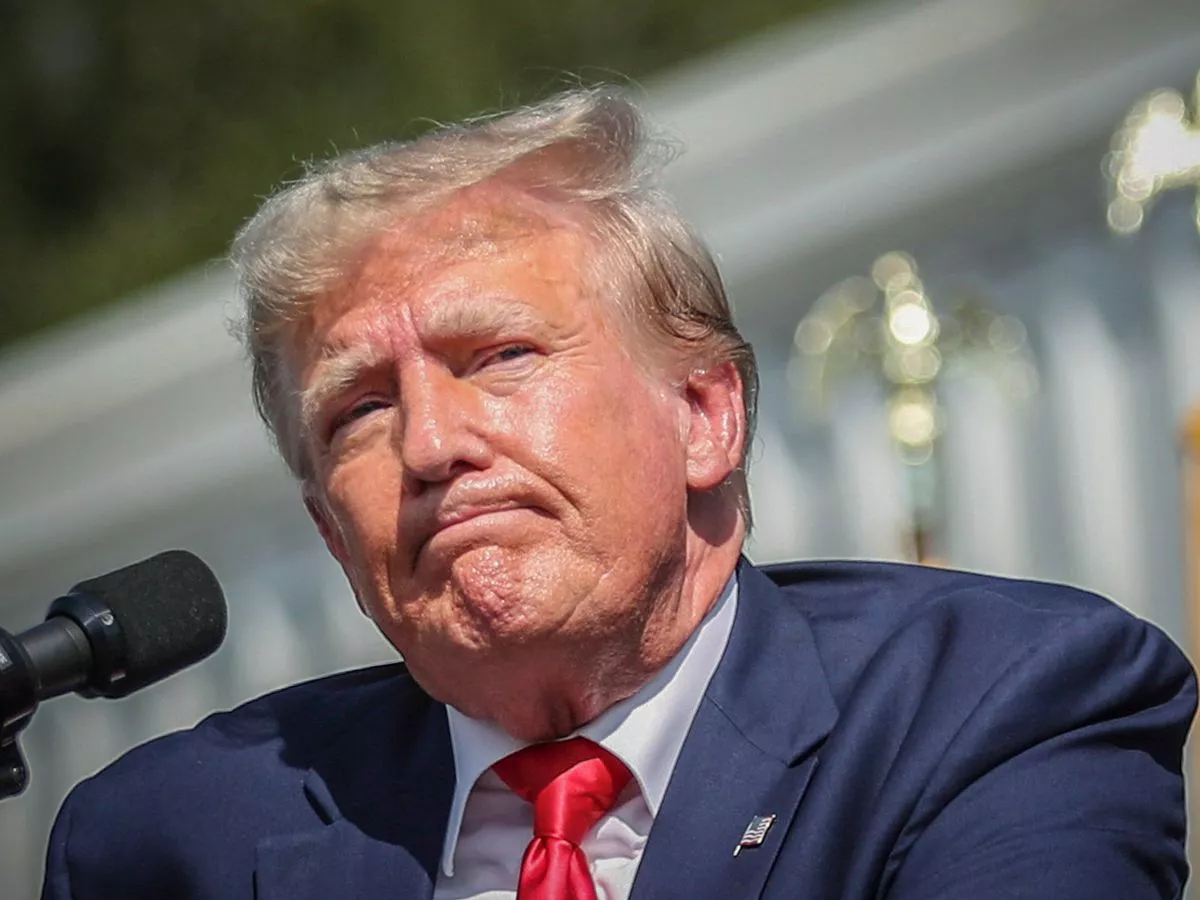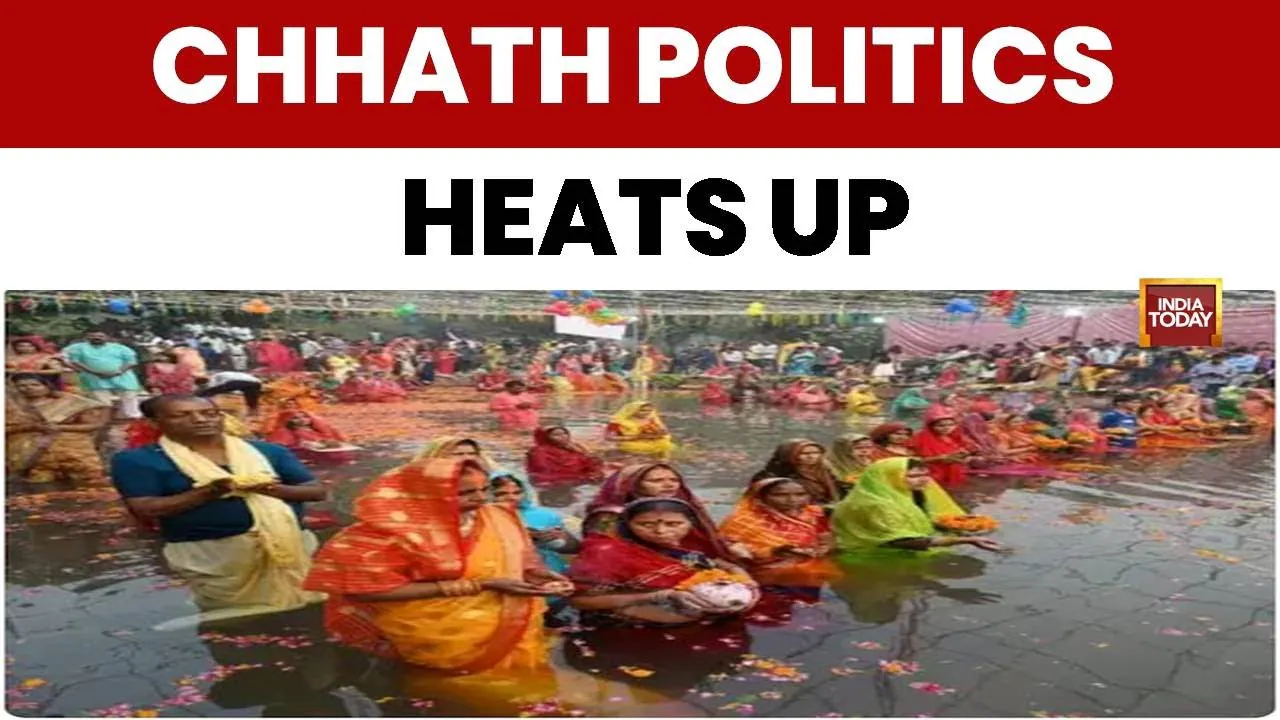Copyright ghanamma

In December 2024, Ghana witnessed more than a change of government. The election outcome marked a shift in narrative — a quiet but profound reordering of who shapes ideas, leads thought, and commands the intellectual high ground in our politics. The National Democratic Congress (NDC), after years in opposition, returned to power with a two-thirds parliamentary majority — a rare feat in the Fourth Republic. But beyond the numbers lies a deeper story: constituency by constituency, polling station by polling station, Ghana’s political power map is being redefined — not just in electoral terms, but in the power to set policy agendas, recruit talent, and shape the next generation of thinkers and leaders. For decades, the New Patriotic Party (NPP) branded itself as the party of intellectuals and technocrats. Its enduring slogan — “We have the men” — championed by former President Nana Addo Dankwa Akufo-Addo, reflected confidence drawn from its elite networks and policy-oriented tradition. The NDC, by contrast, was long seen as populist — the party of the grassroots, not the think tanks. But that narrative no longer holds. The NPP that once claimed the mantle of ideas now appears stuck in its past, while the NDC increasingly looks like the new centre of intellectual gravity. Across Ghana’s universities, the NDC’s Tertiary Education Institutions Network (TEIN) has grown stronger, more deliberate, and more visible than ever. TEIN today is not just a political mobilisation platform; it is a training ground for future policymakers, lawyers, and administrators. Within its ranks, members speak the language of governance, development, and statecraft — and they do so with conviction. This intentionality is reshaping how young Ghanaians perceive politics. The NDC is producing more graduates who are politically literate, professionally skilled, and nationally minded. Long-term dominance often begins this way — not merely at the ballot box, but through the deliberate grooming of minds. Meanwhile, the NPP seems trapped in an echo of its glory days. It still boasts individual brilliance, but brilliance without renewal becomes brittle. The party that once owned the intellectual space now sounds more defensive than visionary. Where are the new policy debates, the youth mentorship pipelines, and the ideological training schools that once set it apart? Where is the curiosity and reform-minded energy that once defined its spirit? When a political movement stops producing thinkers, it starts recycling nostalgia. This erosion of intellectual credibility shows in how the NPP handles dissent — both from within and from sympathisers who dare to change their views. The reaction to Dr. Theo Acheampong’s appointment as Technical Advisor at the Ministry of Finance is telling. Once seen as sympathetic to the NPP, Dr. Acheampong became increasingly critical of the Akufo-Addo administration’s economic management. When the NDC government tapped his expertise, some NPP faithful branded him a traitor. But that misses the point. Mature democracies celebrate the mobility of intellectuals who serve the national interest, not condemn them. Competence should transcend partisanship. When evidence and integrity lead a professional to praise what works — regardless of political colour — that is not betrayal. It is growth. The real crisis is our civic intolerance for neutrality. Ghana’s public discourse often insists that every voice must pick a side. Analysts, journalists, and academics who refuse partisanship are derided as pretenders. Yet democracy thrives when independent voices can critique all sides without fear. Neutrality is not cowardice; it is conscience. When parties reject critique, they reject the opportunity to evolve. Both major parties must therefore confront uncomfortable truths. The NDC, still riding on post-election goodwill, must guard against triumphalism. The arrogance of numbers can easily become the enemy of humility. Holding a two-thirds majority should mean leading with restraint and protecting media and academic freedoms. The NPP, meanwhile, must rediscover its intellectual vitality — open its ranks to honest debate, empower TESCON to move beyond sloganeering, and rebuild the idea factories that once made it formidable. Beyond partisan lines, Ghana faces an intellectual drought. Our democracy has matured politically but not mentally. Political debates are still too personality-driven, too shallow, too allergic to nuance. If both parties continue this way, the country’s capacity for policy innovation will stagnate. There is still room for renewal. The NPP can reclaim its heritage of ideas by nurturing a new generation of reform-minded scholars and policy leaders who see governance as service, not showmanship. The NDC, on its part, must turn its current energy into sustainable institutional reform — build think-tank partnerships, develop party schools that teach democratic ethics, and ensure transparency in recruiting talent. The true test of an intellectual party is not in its slogans, but in its systems. The media and academia also have work to do. Ghana’s journalists, researchers, and public intellectuals must defend their independence and speak truth to power. A nation that silences its critics erodes its conscience. The measure of political maturity lies in how leaders respond to honest scrutiny — not applause. If the NPP resists reform and the NDC grows complacent, Ghana risks sliding into a one-party intellectual state — a dangerous imbalance for democracy. Our future depends on having two strong, idea-driven parties competing not in insults but in imagination. We may be destined to remain a two-party state, but the quality of our democracy will depend on whether both parties can think deeply, act responsibly, and serve selflessly. The real contest in Ghana today is not for votes — it is for minds. Whoever wins that contest will define the next generation of governance, development, and democracy. The NPP must learn again to think boldly. The NDC must learn to think responsibly. And the rest of us — citizens, analysts, and observers — must hold them both accountable. Because, in the end, Ghana’s progress will not be determined by which party holds power, but by which one keeps the courage to think.



